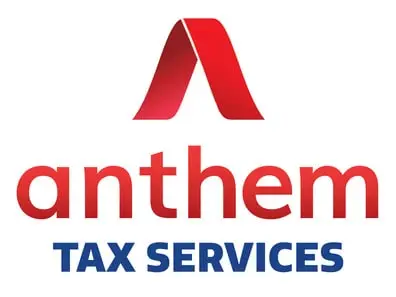
The IRS, along with the Treasury, announced an extension to the federal tax filing deadline from April 15th to July 15, 2020 – in response to Covid-19. Income tax payments for the 2019 tax year can also be deferred to July 15, 2020, regardless of the amount owed, without the fear of penalties or interest accruement. This deferment applies to the first and second quarter tax payments of tax year 2020, previously due on April 15th and June 15th. A payment deferral means you will receive more time to repay tax debt, in the event that you owe on your federal taxes. This federal tax filing and payment relief is automatic and does not require any additional forms or filings in order to qualify.
Who Qualifies for Payment Deferment?
All individuals, trusts, estates, corporations and non-corporate filers are eligible for the extended payments deadline, as well as those who pay self-employment tax.
If I Pay After April 15, Will I Owe Penalties or Interest?
As long as you pay federal taxes by the extended deadline, July 15, 2020, you will not owe additional penalties or interest. Penalties and interest will not begin to accrue until after July 15th. However, state filings and payment deadlines may also be different, depending upon the state in which you reside. A little research may be needed to determine the requirements for your place of residence. For example, the states with different filing and payment deadlines include: Hawaii, Idaho, Iowa, Mississippi and Virginia. North Carolina and Virginia also have extended tax filing and payment deadlines, while also continuing the charge interest on owed taxes paid after April 15, 2020.
Can My Payment be Rescheduled to July 15, 2020?
There are various ways in which you may reschedule any payments to the July 15, 2020 extension. Most may be completed online, however, if your payment was scheduled as part of a tax return filing, a payment cancellation must be made through the U.S. Treasure Financial Agent by calling 1-888-353-4537. In every payment case, you may also contact the credit card company to cancel payments made with any cards.
Should you need to reschedule a payment made with IRS Direct Pay, you can use the email confirmation to access the Lookup a Payment feature. Scheduled payments can be modified or canceled up until two business days before the set payment date. The confirmation number can be located within the email received after initially scheduling the payment.
Payments scheduled through the Electronic Federal Tax Payment System, or EETPS, simply visit the EFTPS home page and click on Payments. Log in, click Cancel a Tax Payment on the left menu and continue through the instructions. In order to cancel the payment before it goes through, you must follow this procedure at least two business days before it was initially scheduled.
How are Self-Employed Quarterly Estimated Tax Payments Affected?
The deadline has been extended to July 15, 2020, for both first and second quarter estimated income tax payments.
If I Don’t Want to Pay Until July 15th, Should I Wait to File?
Regardless of the date you plan to pay your taxes, you are not required to make or schedule payments until the extension date of July 15, 2020.

